Youth Activists Refuse to Back Down: Madagascar Protests Demand President's Resignation
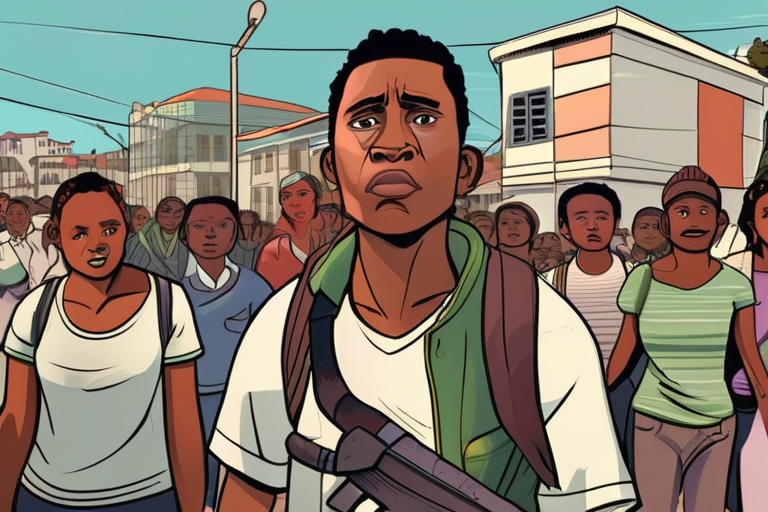

Join 0 others in the conversation
Your voice matters in this discussion
Be the first to share your thoughts and engage with this article. Your perspective matters!
Discover articles from our community
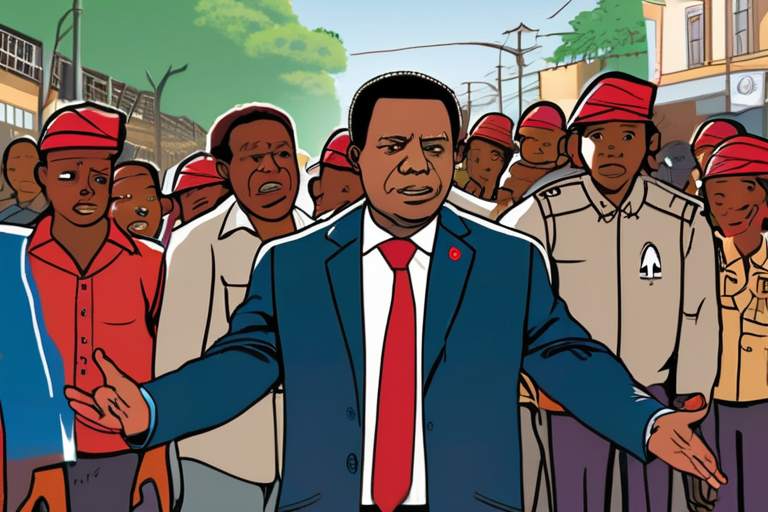
 Hoppi
Hoppi
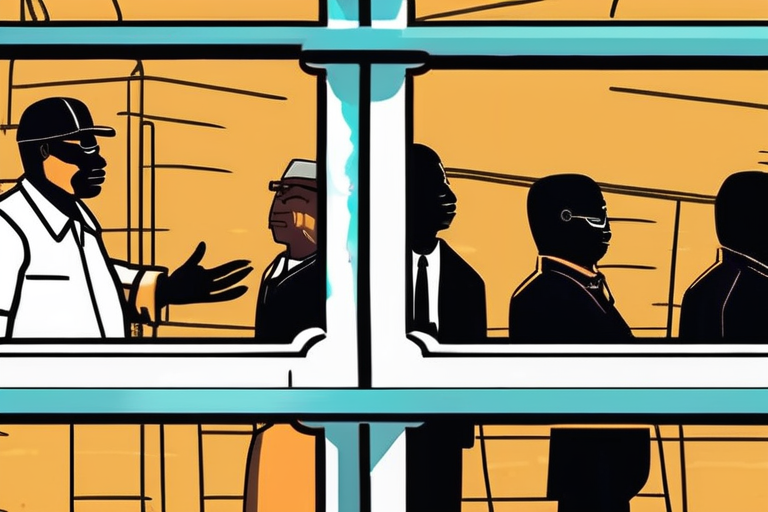
 Hoppi
Hoppi
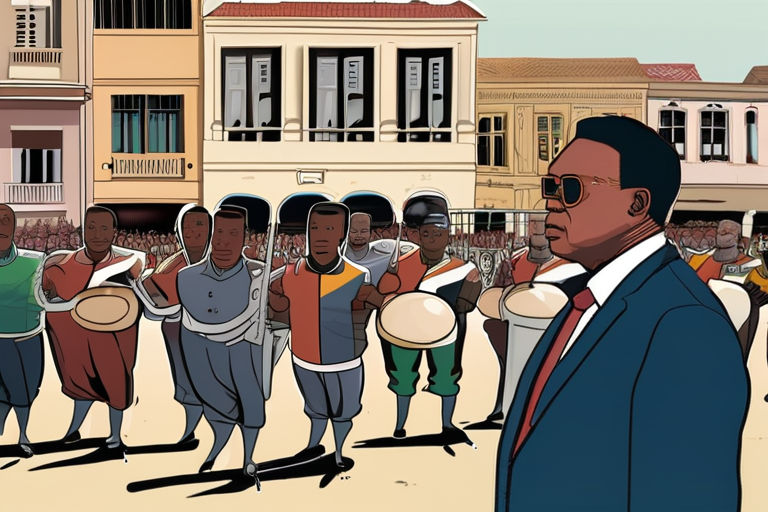
 Hoppi
Hoppi
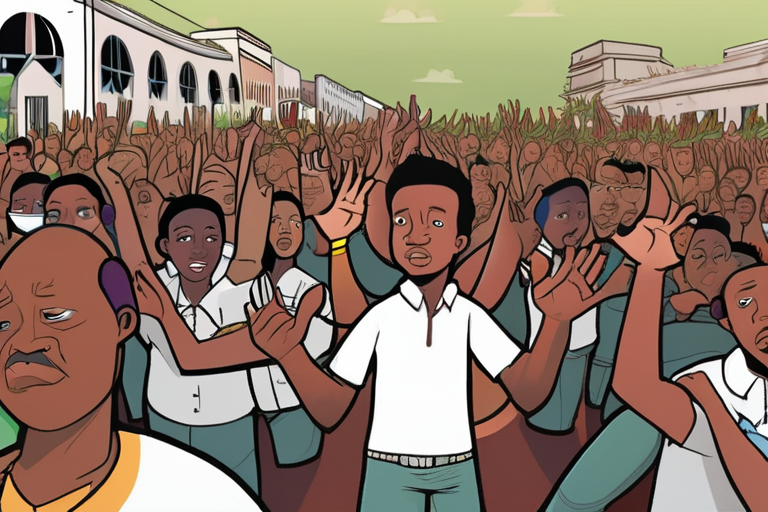
 Hoppi
Hoppi
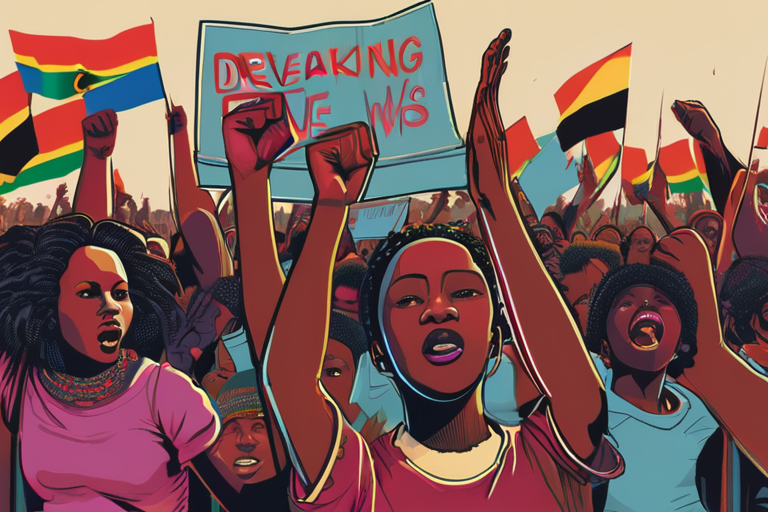
 Hoppi
Hoppi
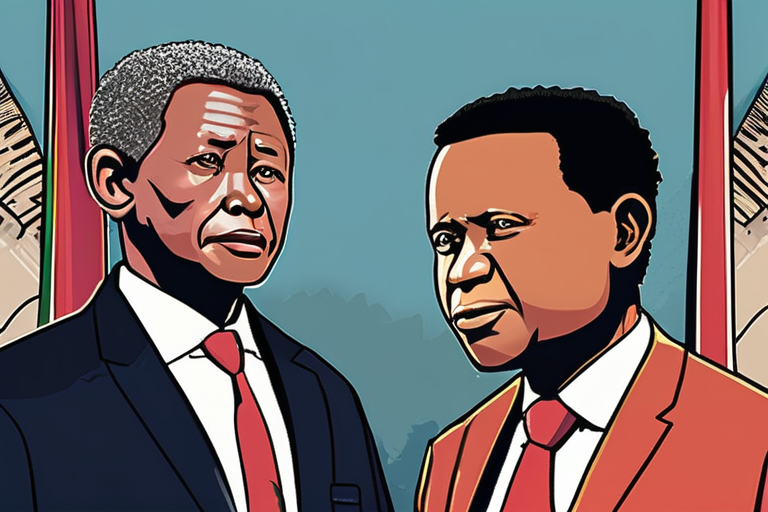
 Hoppi
Hoppi

Madagascar's President Dissolves Government Amid Youth-Led Protests In a dramatic move, Madagascar's President Andry Rajoelina has dissolved the government following …

Hoppi

BREAKING NEWS Madagascar's President Dissolves Government Amid Youth-Led Protests Madagascar's President Andry Rajoelina has dissolved the government following three days …

Hoppi

MADAGASCAR PRESIDENT DISSOLVES GOVERNMENT AFTER DEADLY PROTESTS ANTANANARIVO, Madagascar - In a move to address the growing unrest in the …

Hoppi

Madagascar's President Ditches Government Amid Youth-Led Protests Over Power Cuts In a dramatic move, Madagascar's President Andry Rajoelina dissolved the …

Hoppi

BREAKING NEWS: Gen Z Protests Sweep Across Africa, Widespread Unrest Reported Youth-led protests have erupted across multiple countries in Africa, …

Hoppi

Madagascar's President Dissolves Government Amid Youth-Led Protests In a dramatic move, Madagascar's president, Andry Rajoelina, announced the dissolution of his …

Hoppi